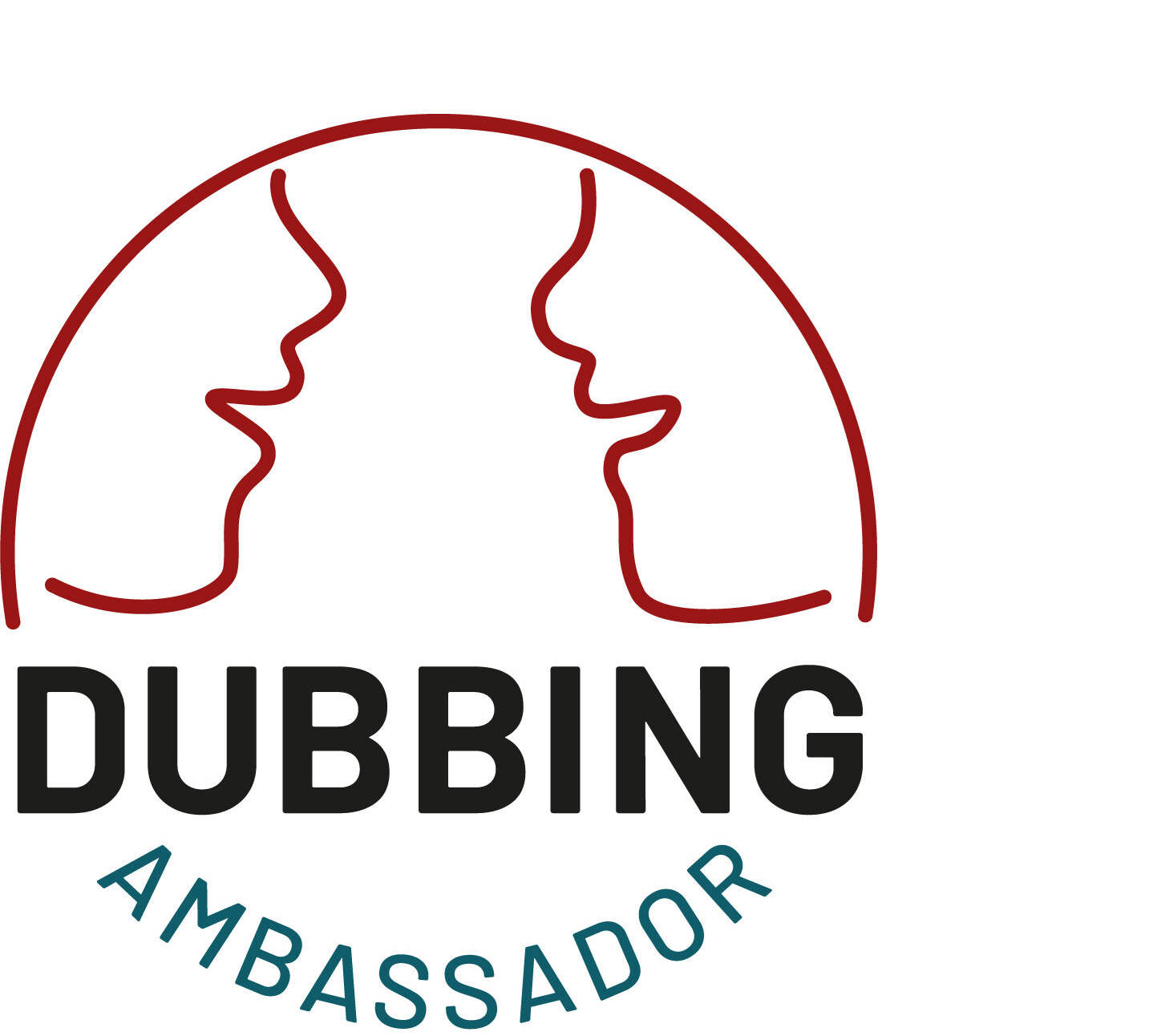Ever since the WGA has gone on strike, and even more since SAG-AFTRA has joined them, I hear a lot of comments that go in the general direction of, “I wish we (insert dubbing scriptwriters, or, dubbing actors) had the guts to do something like that”.
Sure, to some degree it’s a matter of guts. It’s a radical measure and you might get hurt (financially) as well as hurt others in the process, and the outcome is by no means certain.
But as much as Fran Drescher’s impassioned speech at the press conference announcing the strike might have made you think, she didn’t just decide on a whim that there was some stuff about her contract she didn’t like and thought, let’s just all stop working and see if that doesn’t make it better. She’s not striking as a private person, she’s not doing this as an individual.
Does the phrase “collective bargaining” ring a bell?
I know us freelancers, we usually think that we’re on our own. And to a degree, we are. I, for one, like it that way. However, I’m not much of a bargainer. I had to learn how to do that, and I did it – don’t laugh – to a large degree from a book that someone once lent me, How to Outnegotiate Anyone (Even a Car Dealer!). It had valuable advice, like, never let the other side know your true lowest price, or your true earliest delivery date. But the most important thing that I learned was that information is power. Know the market.
Translated to my world of dubbing, that means – get together with other people. Talk. Exchange information. And above all – find an organization that represents your interests and outlook and use this platform to your advantage. Someone might have had the same experience with a company that you’re struggling with – and might have found a solution. Someone might already have spent some time researching work-related topics and been kind enough to summarize that in the organization’s newsletter for you to read.
While it doesn’t hurt to talk over your concerns about working conditions or your unhappiness with a fee over coffee with a few colleagues, it’s so much more effective, and powerful, if you can do this within the framework of an organization. Individuals rarely hold press conferences. Individuals have relatively little bargaining power. Remember how often you’ve told yourself (or been told), that if you don’t do the job, someone else will? Now imagine hearing that, knowing that you’re not Fran Drescher, individual actress, but Fran Drescher, representing something like 160,000 fellow actors.
I can’t count the number of times people have told me how happy they are that there is a national agreement of minimum fees for dubbing scriptwriting and directing in Germany, and how glad that they don’t have to negotiate their fee individually but can simply refer to a document and say, look, it’s not me, it’s something that counts for everyone. Something like that doesn’t come out of nothing. It’s the result of an organization (in this case our sister organization Bundesverband Synchronregie und Dialogbuch, BSD) doing the work for you.
Our little cozy German dubbing bubble is being dominated more and more by big companies. That doesn’t need to be a bad thing, but it does mean that you as an individual, independent scriptwriter are often not dealing with an individual any more who is operating independently of a global company policy.
Whether you perceive it as a threat or not, AI is here to stay, and it’s a development entirely – and literally – owned by a very small group of global corporations who are already dominating our professional and private lives in many ways. (If you want to know more about to what little degree AI development is an actual race, read Alberto Romero’s insightful blog.
So if you’re worried about what the future might bring, and how to protect your rights, your copyright, your right to a fair bargain, to good working conditions, get together. Become a member of your union or of your professional organization. It doesn’t make you less of an artist, I promise you.




